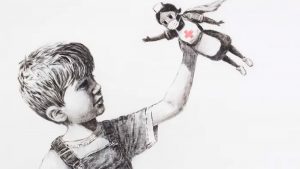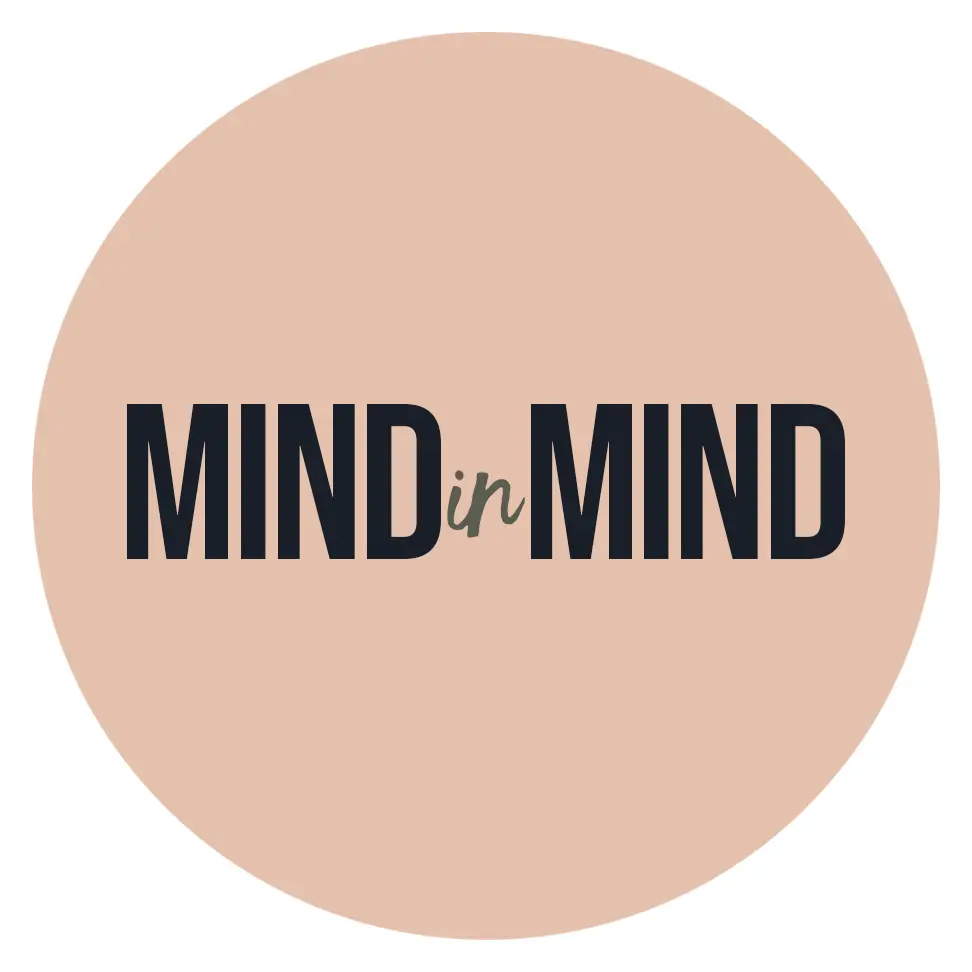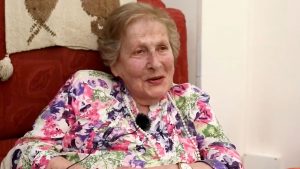
How can we best support traumatised children?
What interventions are most helpful for children and their families who have experienced trauma? This is a question that Helen Minnis, Professor of Child and Adolescent Psychiatry at the University of Glasgow, is seeking to answer. She has become one of the leading research Psychiatrists of her generation , working for many years therapeutically and researching children who have been abused and neglected. In this interview with Jane O’Rourke, Helen discusses what she is finding leading three research projects examining different therapeutic interventions with children and their families.
Professor Helen Minnis was also one of the first female black psychiatrists to qualify in the UK. She tells Jane how her own life as a black woman and clinician, has shaped her research.
We know that many fostered and adopted children come to their new families severely traumatised, and many also have problems such as ADHD and Autism. In this interview, Jane asks Helen how fostered and adopted children can best be helped in their new placements?
Jane also asks Helen about the role of social workers with families who are experiencing problems. Does the right intervention from social workers mean better mental health outcomes for children?
Helen also discusses why it’s vital that parents’ voices are heard in the social care system. She describes how one parent, Sharon Graham, who had experienced Social Services involvement in her family, has helped her team better understand the needs of children and their families.
And after many years working with fostered and adopted children, what changes would Helen like to see implemented when children come into care?
In this interview, Jane asked Helen about the 3 research projects she is leading that are examining different therapeutic interventions with traumatised children:
- The Best Services Trial (BeST?), a Randomised Control Trial of an infant mental health intervention for children aged 0-5 coming into foster care – the intervention was originally developed by Charley Zeanah and Julie Larrieu in New Orleans.
- The Relationships in Good Hands Trial (RIGHT) is a RCT of Dyadic Developmental Psychotherapy (DDP), originally created by Dan Hughes. This is with children aged 5-12 who are adopted or fostered.
- The third trial is called Partnership for Change -a RCT of an intervention called Child and Parent Support (CAPS) which Helen’s team is co-producing with parents of children who have a social worker. CAPS will be offering support to parents of children who have a social workers but are not in the child protection system. Partnership for Change is co-led with Matt Forde from NSPCC.
Resources on Trauma
Interviews with leading clinicians on child trauma:
MINDinMIND Legacy Interview with Child Psychotherapist Monica Lanyado, one of the UK’s leading clinicians and thinkers in the field of childhood trauma shares her wisdom on treating childhood trauma and working with fostered and adopted children.
MINDinMIND Legacy Interview with Child Psychotherapist Gianna Polacco Williams on how deprived and traumatised children can be helped therapeutically and explains the concept ‘Double Deprivation’ or ‘Doubly Deprived’.
MINDinMIND Legacy Interview with Child Psychotherapist, Jeanne Magagna, sharing her immense clinical experience as former Head of Great Ormond St Psychotherapist Services specialising in childhood trauma, Silent Children, young people with Eating Disorders and as one of the world’s leading teachers of the art of Infant Observation.
Adverse Childhood Experiences (ACEs) Resources:
ACEs Research: Implications for Practitioners and Clinicians. This video created by the UK Trauma Council explains what are ACEs, how they are measured, and the pros and cons of routine screening for ACEs. Featuring Professors Helen Minnis and Andrea Danese and UKTC Co-Director David Trickey
Links between ADHD, Autism and history of abuse and neglect. This paper by Helen Miniis and Lisa Dinkler argues that children who have experienced abuse and neglect are at much higher risk of also having neurodevelopmental conditions like ADHD and Autism that are not caused by the abuse and neglect: https://doi.org/10.1111/jcpp.12682 and this is a video explaining the methodology https://www.youtube.com/watch?v=o1cW8Pzzu4U
This paper by Helen Minnis is an overview on ACEs https://doi.org/10.1111/jcpp.13135 and this is a short “video abstract” https://www.youtube.com/watch?v=oNyH_zPFV-0
Effects of Childhood Trauma on the Brain
Two resources from the UK Trauma Council for parents and professionals, which highlight the latest neuroscience research on childhood abuse and neglect
- https://uktraumacouncil.org/resources/childhood-trauma-and-the-brain
- Accompanying PDF on Childhood Trauma and the Brain with introduction from Eamon McCrory, Professor of Developmental Neuroscience and Psychopathology University College London (UCL) Anna Freud National Centre for Children and Families
Papers and Resources on Attachment Disorders:
MINDinMIND Legacy Interview with Child Psychotherapist, Juliet Hopkins, daughter of John Bowlby, who discusses Attachment Theory, supporting parents and how traumatised children can best be helped.
Treatments for Early Childhood Trauma:
https://www.ncbi.nlm.nih.gov/pmc/articles/PMC7163896/
Finding Help for Childhood Trauma:
Children’s Therapist Near Me/ Finding a Child Psychotherapist:
Association of Child Psychotherapy
https://childpsychotherapy.org.uk/resources-families/find-child-psychotherapist
British Psychoanalytic Council
https://www.bpc.org.uk
British Psychoanalytic Association:
https://www.psychoanalysis-bpa.org
British Association of Counselling and Psychotherapy
https://www.bacp.co.uk/search/Therapists
Find a Culturally Sensitive Doctor
https://blackdoctor.org/find-a-doctor/
Psychology Today
www.psychologytoday.com/us/therapists/child-or-adolescent
Good Therapy
goodtherapy.org/find-therapist.html



